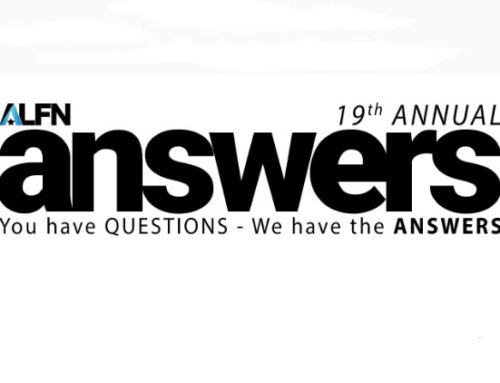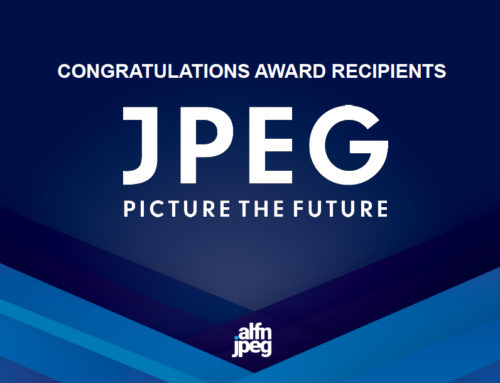McMichael Taylor Gray, LLC Managing Litigation Attorney, Matthew Ciccio has written an article regarding his most recent Florida Supreme Court ruling in the DS News September 2020 Edition. (See pages 76 and 77)
The case could have a significant impact on different aspects of contested foreclosure actions including testimony and evidentiary rulings at trial.
On July 2, 2020, the Florida Supreme Court, in a 4-2 decision, resolved a conflict between Florida’s Second and Fourth District Courts of Appeal. In resolving the conflict, the court held that the proper predicate or foundation for the admission of records into evidence under the business records exception to the hearsay rule can be laid by a qualified witness simply by testifying to the foundational elements of the exception as set forth in § 90.803(6) Fla. Stat. The opinion is Jackson v. Household Fin. Corp. III, Fla. L. Weekly S205, 2020 WL 3580036 (Fla. July 2, 2020). This decision is favorable to lenders, servicers, and their counsel and is likely to have a great impact on different aspects of contested foreclosure actions including testimony and evidentiary rulings at trial.
When relying on business records to prove their case at trial, lenders and loan servicers often face opposition from borrowers and their counsel who raise evidentiary objections to the admissibility of those records. In addition to that resistance, despite the plain language found in § 90.803(6) Fla. Stat., which specifically delineates the elements required for the business records exception to apply to the hearsay rule, different courts and judges commonly interpret the exact requirements differently.
This ever-changing standard created a moving target making it problematic for lenders and loan servicers along with their counsel to prepare for trial, often providing an advantage to those opposing the admissibility of the business records. The holding by the Florida Supreme Court now provides clarity and more certainty to what previously could be described as an amorphous standard or requirement.
The significance of a clear-cut standard of what is required to lay the foundation is important because, once that foundation is laid, the burden then switches to the opponent of the business records to establish the untrustworthiness of the records, the lack of knowledge of the witness, or any other grounds that would call into question the reliability of the records. The Florida Supreme Court has now set forth exactly what a proponent of business records must present to lay the proper foundation that switches the burden. With this, no longer will a lender or servicer be uncertain if enough testimony has been elicited to have that burden shifted.
In explaining their holding, the high court takes note of the inherent reliability that exists in banking records and confirms that to satisfy Fla. Stat. §90.803(6), all that is required is what is plainly written within the statute, and that no more is necessary than that. Jackson v. Household Fin. Corp. III, Fla. L. Weekly S205, 2020 WL 3580036 (Fla. July 2, 2020). “[W]e reject the notion that the witness must also detail the basis for his or her familiarity with the relevant business practices of the company or give additional details about those practices as part of the initial foundation because this would be inconsistent with the plain language of the statute.”
The conflict before the court originally arose from a 2015 nonjury foreclosure trial where the lender, Household Finance Corp III, through counsel, sought to admit business records relating to the borrowers’ mortgage account into evidence under the business records exception to the hearsay rule. To admit the records, Household relied on testimony from a witness to authenticate and admit the records. Over a hearsay objection from the borrowers, the trial court admitted the records into evidence and ultimately entered a judgment of foreclosure in favor of Household. The borrowers appealed. Florida’s Second District Court of Appeal found that the trial court properly admitted the records. In doing so, the Second District certified conflict with the Fourth District Court of Appeal’s opinion in Maslak v. Wells Fargo Bank N.A., 190 So.3d 656 (Fla. 4th DCA 2016).
In Maslak, the Fourth District held that the business records of the bank were inadmissible despite the proponent of the records testifying affirmatively to the four elements found in § 90.803(6), Fla. Stat. According to the Fourth District, the witness in Maslak had failed to testify in detail about the servicer’s record-keeping system notwithstanding her ability to affirmatively answer the “four prongs” required in the evidence code.
The Florida Supreme Court’s approval of Jackson and disapproval of Maslak explains why a minimal testimonial foundation is both appropriate in the context of the case presented and desirable in the terms of fairness and the efficient administration of justice. First, the testimony of the records custodian or qualified witness laying the foundation is relevant only to the authenticity of the business records. Anything additional prolongs a trial making the process inefficient and cluttering the record with additional and unnecessary testimony. Second, the purpose of calling a records custodian or qualified witness is to authenticate the documents needed to prove its allegations, not anything more.
The laying of the foundation is intended to confirm the documents are indeed business records. The proponent’s record-keeping systems are not what is on trial. Instead, the business records themselves are introduced to establish the material facts of the proponent’s actual case that is being tried. As held by the Florida Supreme Court, by requiring more to lay the appropriate foundation would make the process more complex, which is not consistent with the objective of making litigation as efficient as possible. The opinion is available on the Florida Supreme Court’s website at https://www.floridasupremecourt.org/content/download/639063/opinion/sc18-357.pdf
Matthew Ciccio is the Managing Litigation Attorney at McMichael Taylor Gray, LLC. His focus is on general and complex litigation, judicial foreclosure, commercial foreclosure, appellate work, title curative and insurance claims, landlord-tenant litigation, consumer financial services, and creditor defense, including FDCPA defense. The depth of Ciccio’s knowledge and experience allows him to provide big-picture advice to banks, credit unions, investors, and mortgage servicers, helping clients control costs, avoid expensive disputes whenever possible and efficiently resolving issues when they arise.






